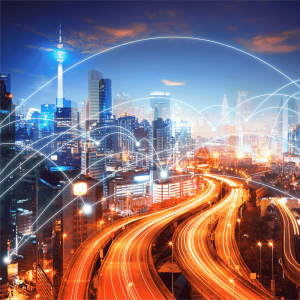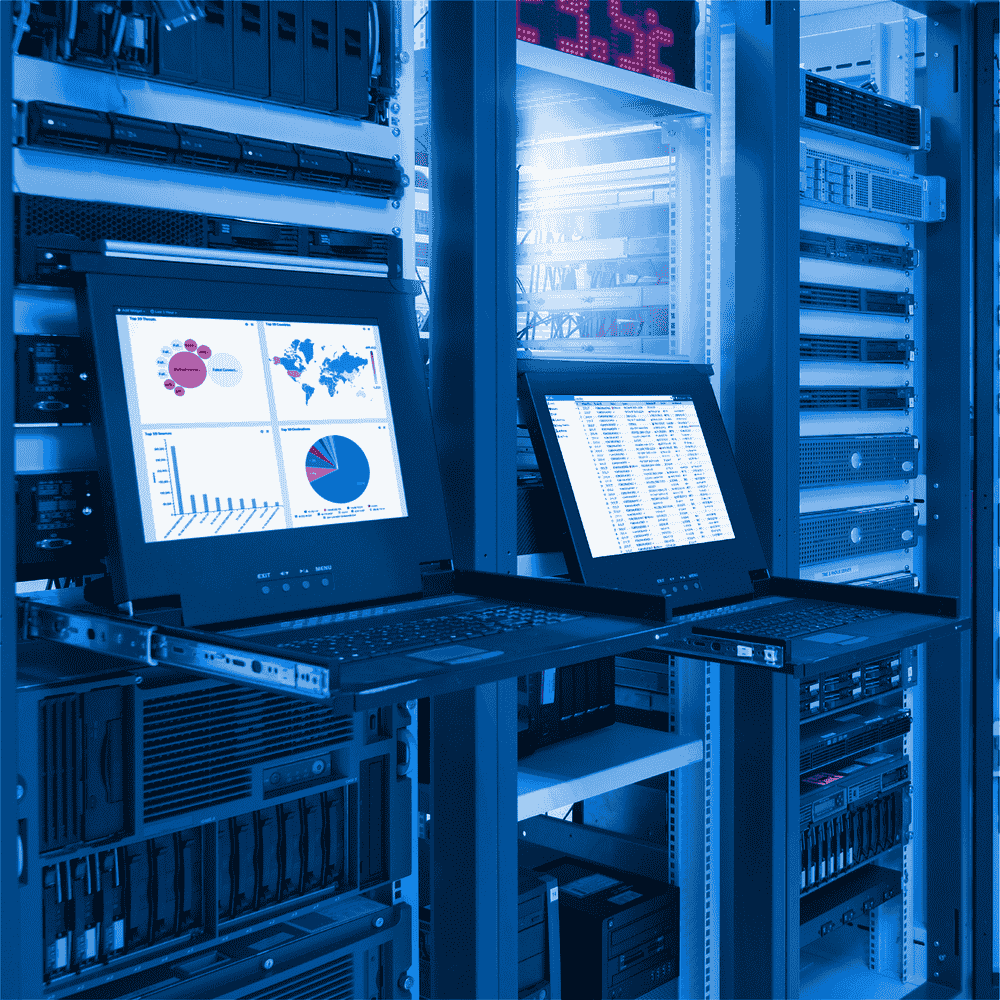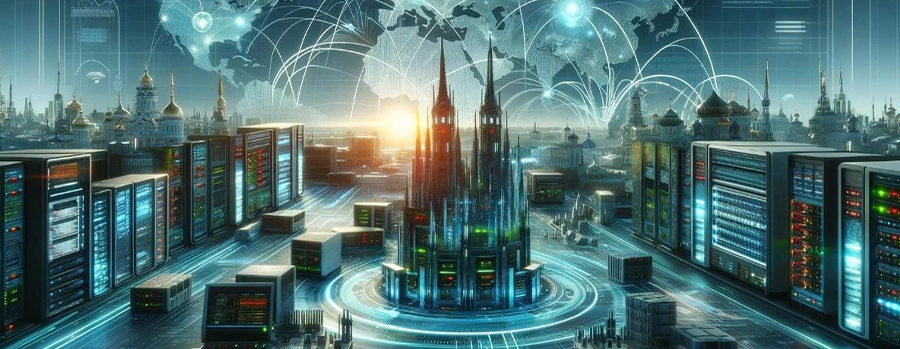Data Centers: Shaping the Future of Technology
In a world where digital transformation is rapidly progressing, data centers have gone beyond being just places where big data is stored. In today’s and tomorrow’s technological world, data centers are intertwined with innovative technologies such as artificial intelligence (AI), cloud computing, edge computing and the internet of things (IoT). So how do data centers shape the technology of the future and how do these developments affect the business world? Here is the critical role that these giant facilities play in the digital world of the future.
1. Data Centers and Cloud Computing
Cloud computing is considered an important step in the digital transformation journey of businesses. Data centers provide the physical infrastructure where cloud services are provided. Compared to traditional local server rooms, data centers offer more flexible and scalable solutions thanks to cloud-based services. This brings great advantages to businesses:
Flexibility: Cloud computing offers scalable infrastructure according to the needs of businesses. Whether you are a small business or a large company, you can easily expand or shrink your infrastructure as you grow thanks to the cloud-based solutions of data centers.
Cost Efficiency: Without investing in physical hardware, businesses only pay for the resources they use. This is a great advantage, especially for businesses looking to reduce their initial costs.
Reliability: Data centers have high standards in terms of data security and uptime. This allows businesses to benefit from constantly accessible and reliable cloud services.
2. Transformation with Artificial Intelligence and Machine Learning
Artificial intelligence (AI) and machine learning (ML) are among the fastest growing technologies today, and data centers play a central role in the implementation of these technologies. High-power infrastructures are required to run AI and ML algorithms and process large data sets. Data centers provide this power, offering new opportunities to businesses and researchers.
Data Analysis: AI-based data analysis is made possible by processing large-scale data in data centers. These analyses help businesses make faster and more accurate decisions, analyze consumer behavior, and increase operational efficiency.
Energy Efficiency: Artificial intelligence can be used to optimize the energy consumption of data centers. AI-powered systems dynamically manage cooling systems and energy usage by monitoring factors such as temperature, humidity, and energy consumption. This both saves costs and increases environmental sustainability.
Automation: AI and automation solutions in data centers automate processes such as maintenance, monitoring, and fault detection. In this way, it reduces the risk of human error and ensures that operations are carried out more efficiently and reliably.
3. Edge Computing: The Future That Moves Data to the Edge
Although data centers have a centralized structure, data processing is becoming more distributed and faster with edge computing technology. Edge computing allows data to be processed as close to the source as possible, without going to a central cloud server. This is a great advantage, especially in applications where low latency is critical.
Faster Processing: Edge computing allows data to be processed close to the devices. This is especially necessary for applications such as autonomous vehicles, industrial automation, and IoT devices. For example, since autonomous vehicles need to make instant decisions, it is vital that data is processed quickly.
Security and Privacy: Processing data locally keeps data more secure. Edge computing reduces security risks by ensuring that data is processed before it goes to central servers.
Bandwidth Savings: Edge computing reduces the load on the network, as the need to constantly send data to central servers is reduced. This both reduces costs and optimizes data flow.
4. Internet of Things (IoT) and Data Centers
The Internet of Things (IoT) is another important technology that increases the workload of data centers. IoT devices such as smart home devices, industrial sensors, and connected vehicles generate large amounts of data at all times. Data centers provide the infrastructure required to process, store, and analyze this data.
Real-Time Analysis: The rapid processing of data collected by IoT devices is possible thanks to the high processing power offered by data centers. This is especially critical for the healthcare sector, transportation, and industrial applications.
Data Storage: Since IoT devices are constantly generating data, this data needs to be stored securely. Data centers ensure business continuity by safely storing large amounts of data.
5. The Future of Data Centers: Sustainability and Innovation
Data centers will continue to be one of the most important building blocks of technology in the future. However, energy consumption and environmental impacts will be one of the biggest factors that will shape the future development of data centers. Renewable energy use and energy-efficient equipment will allow significant steps to be taken to reduce the environmental footprint of data centers.
Green Data Centers: Data centers powered by renewable energy sources such as solar, wind and hydroelectricity will significantly reduce their carbon footprint. In addition, artificial intelligence solutions that optimize energy consumption will also increase sustainability.
Innovative Cooling Technologies: Instead of traditional cooling systems, innovative methods such as natural cooling and liquid cooling will be used. This will increase the energy efficiency of data centers while also reducing costs.
Smart Data Management: Thanks to artificial intelligence and automation, data centers will become smarter and more autonomous. This will enable more efficient management of operations, energy savings and increased business continuity.
Conclusion
Data centers are at the heart of our digital world, shaping the technologies of the future. Technologies such as cloud computing, artificial intelligence, edge computing and IoT are developing and spreading thanks to data centers. Thanks to these technologies, businesses and individuals are meeting with faster, safer and more efficient digital solutions. In the future, data centers will continue to drive the growth of our digital world, strengthened by sustainability and innovation.






